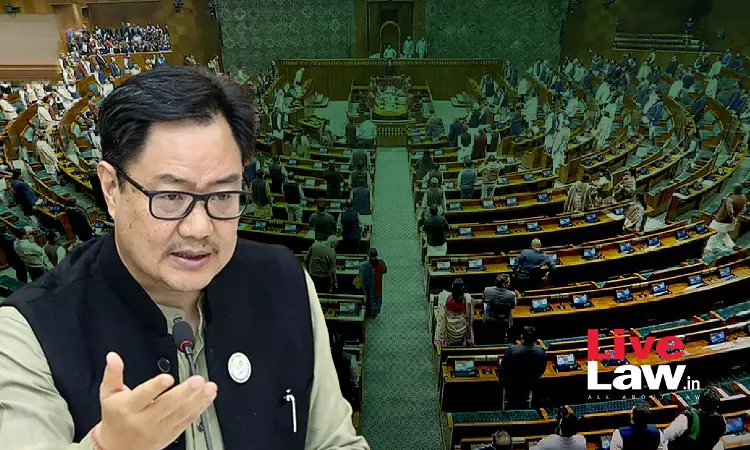Waqf Amendment Bill Is Prospective, Not Retrospective: Union Minister Kiren Rijiju
LIVELAW NEWS NETWORK
2 April 2025 3:25 PM IST

Existing waqf-by-user properties will not be affected if registered before the commencement of the Amendment Act, Rijiju said.
Next Story


